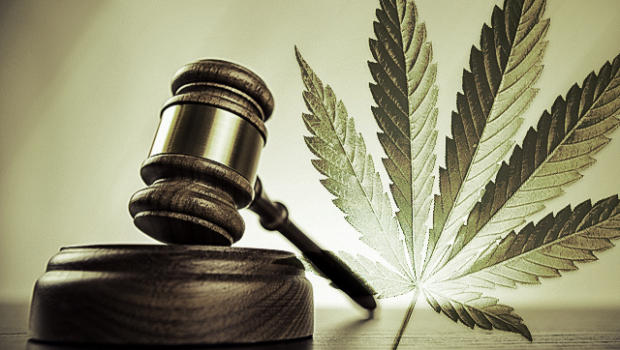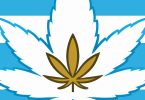What ‘Exactly’ is the Legal Status of CBD in the U.S.?
Most of the world can agree that cannabis extracts, and CBD in particular, is not only harmless but also possess strong potential as therapeutic agents for a wide variety of diseases and disorders1. The Federal Government of the United States, however, still considers cannabis extracts and CBD both to be Schedule I compounds.
Schedule I compounds are narcotics and drugs that are deemed by the medical community to have no accepted medical uses AND to have a high potential for abuse. Some other notables on the list include ecstasy, LSD, Heroin, and PCP. Cocaine and Methamphetamine are notoriously absent, due to their placement as Schedule II drugs with medicinal benefits2.
So, here we are, one of the most advanced nations in the world, and our cannabis policy is so far behind the times that it contradicts scientific evidence presented by major organizations and universities throughout the country and the world.
Never mind that LSD3 and ecstasy4 have both been shown to have medicinal capabilities in micro-doses. And never mind the worldwide consensus regarding the medicinal capabilities of CBD1. The fact is, even within the United States, the majority of state governments have decidedly ignored the federal outlook on CBD and have allowed it to be marketed and consumed as a medicinal product.
This leaves CBD producers and distributors in a pickle. Under federal law, CBD is not listed separately from cannabis THC extracts, and thus is considered a controlled Schedule I substance derivative5. The FDA has likewise stonewalled the acceptance of CBD as a common-use alternative medicine by imposing strict barriers to entry.
Current producers of CBD products are exposed to claims of false advertising due to the unregulated nature of the industry. The FDA has issued warning letters to four companies for advertising “unsubstantiated claims” that the CBD in their product can assist with treating cancer. The specific terminology that was in question was, “CBD makes cancer cells commit ‘suicide’ without killing other cells,” and, “CBD is effective against MRSA.”5
The important take away message is that CBD, while legalized in the majority of states in the Union, is still classified as a federally banned substance. Until further clarification or re-classification takes place, CBD producers, distributers, and consumers ought to exercise caution. Always keep up to date on the latest legislation and regulation for CBD packaging, and disclose any other ingredients (like THC) in your extract.
References
- Cannabidiol (CBD) Pre-Review Report. Expert Committee on Drug Dependence. World Health Organization. Thirty Ninth Meeting, Agenda Item 5.2. November 6-10, 2017.
- https://www.dea.gov/druginfo/ds.shtml
- Das, Saibal et al. “Lysergic Acid Diethylamide: A Drug of ‘use’?” Therapeutic Advances in Psychopharmacology3 (2016): 214–228. PMC. Web. 17 May 2018.
- Wan, William. Ecstasy could be ‘breakthrough’ therapy for soldiers, others suffering from PTSD. The Washington Post: Health & Science. August 26 2017. Accessed May 17, 2018. https://www.washingtonpost.com/national/health-science/ecstasy-could-be-breakthrough-therapy-for-soldiers-others-suffering-from-ptsd/2017/08/26/009314ca-842f-11e7-b359-15a3617c767b_story.html?noredirect=on&utm_term=.eb39620ce347
- Taylor, Brett and Alderfer, Amy. Pay Attention To The Law and The Science of Cannabidiol. Law360: Expert Analysis. May 9 2018. Accessed May 17, 2018. https://www.law360.com/articles/1041821/pay-attention-to-the-law-and-the-science-of-cannabidiol










